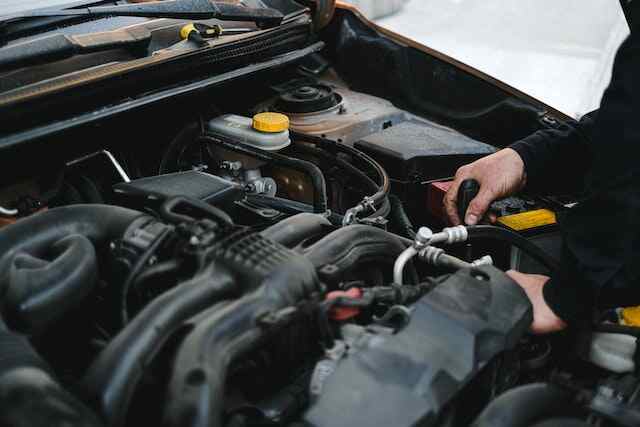Retrofit Diesel Engines Proven to be 26% More Efficient on Hydrogen
A team of engineers at the University of New South Wales (UNSW) has successfully created retrofit diesel engines that use hydrogen as fuel.
The dual-fuel injection system, which uses 90% hydrogen as fuel, was developed by the team over the course of 18 months.
According to the team, any diesel engine used for powering equipment in the transportation, mining, and agricultural industries could eventually be retrofitted to this dual-fuel system.
Green hydrogen, produced through renewable sources of energy like solar and wind, is significantly more environmentally-friendly than diesel.
Hence, retrofitting existing diesel engines can considerably reduce their CO2 emissions and play a major role in lowering our carbon footprints. Besides, being able to retrofit already-existing engines is much faster than awaiting the development of entirely new fuel-cell systems that may not be commercially available for at least the next eight to ten years.
The pressing issue of climate change and carbon emissions requires us to come up with immediate solutions for dealing with the numerous diesel engines already out there.
The UNSW team has devised a method of avoiding the high levels of nitrogen oxide (NOx) emissions that are connected to hydrogen engines. Since it costs a lot to produce high-purity hydrogen, end consumers might pay less to use the new system. Moreover, compared to conventional diesel engines, the diesel-hydrogen hybrid system has shown an efficiency improvement of over 26%.
The research team believes that the technology’s most immediate application lies in industrial locations that already have fixed hydrogen fuel supply lines. This includes mining sites where around 30% of all greenhouse gas emissions are caused by diesel engines, mainly in power generators and mining vehicles.
The researchers are confident of being able to commercialize the technology within the next one to two years and are open to consulting with potential investors.

